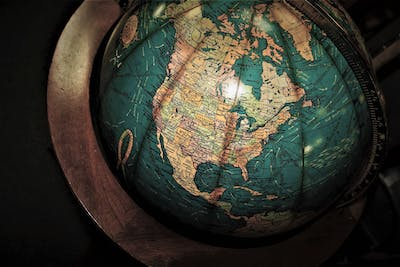The World Economic Forum (WEF) is a stateless organization that brings together business, political, academic, and other leaders to discuss global, regional, and industry agendas. Established in 1971 in Davos, Switzerland, the Forum has been a major driving force in globalization, although it has been criticized for promoting policies and ideologies that contribute to unemployment and inequality. Despite globalization of the economy, the Forum's politics remain national, with leaders promoting the interests of their own countries and corporations.
The World Economic Forum promotes the interests of financial and corporate power, particularly in trade. At the Forum's Davos meeting in May 2022, industry leaders believe that a global recession is likely to occur soon. Some experts have even suggested that the U.S. economy will enter a recession by the end of the year. Despite this, long-term investors are urged to consider the current challenging economic conditions as an opportunity to invest in high-quality companies at cheap prices. The European Central Bank has also warned that inflation and growth are heading in opposite directions, with rising inflationary pressures dampening economic activity and eroding household purchasing power.
The World Economic Forum's experts have warned that the current situation is a "perfect storm" of economic challenges that must be addressed collaboratively by governments and businesses. Some have argued that the global economic system should be restructured to avoid a recession and address inflation and other threats. The Forum also discussed the potential use of central bank digital currencies (CBDCs), which, if implemented, could provide a stable medium of exchange and alleviate the current economic situation; however, these currencies would also give the central bank unprecedented power and eliminate total monetary freedom.
The World Economic Forum's Great Reset Initiative is an economic recovery strategy developed in response to the COVID-19 pandemic. Critics have argued that the initiative encourages economic deregulation and gives unrepresentative private businesses, particularly large multinational corporations, a larger role in policymaking at the expense of government institutions. American far right and conservative commentators on social media have spread conspiracy theories about the initiative, claiming that its implementation would erode governments' ability to control their own economies by ceding control over monetary policy to a higher, central authority.
Investors and market researchers should be aware of the WEF's and the Great Reset Initiative's contentious nature. It is essential to comprehend the Forum's and its agenda's potential impact on the global economy. Furthermore, the potential consequences of CBDCs and other economic policies should be closely monitored. Finally, it is important to closely examine the WEF and its activities and be aware of the potential risks and opportunities they present for investors and the general market.















